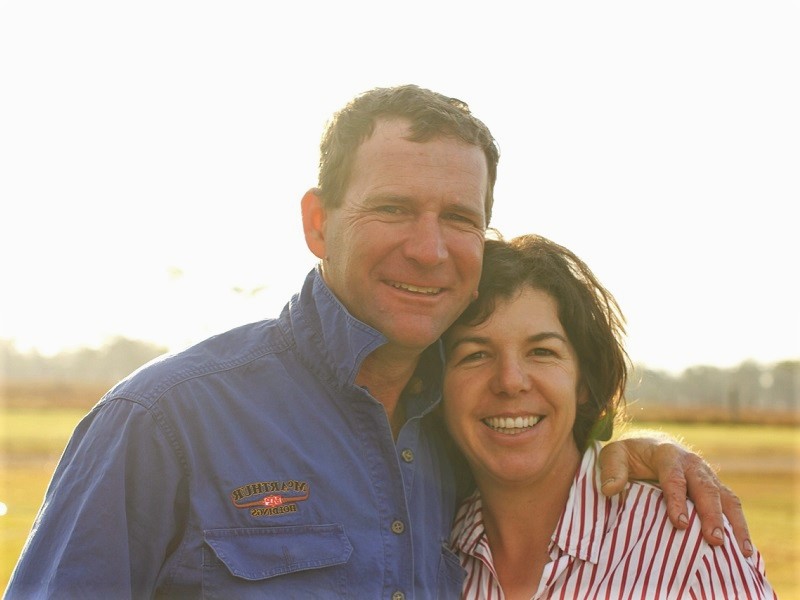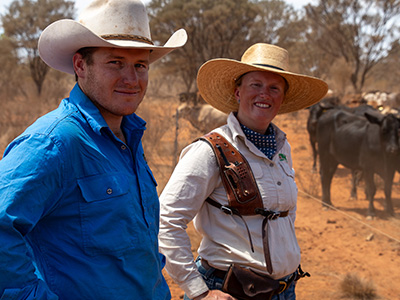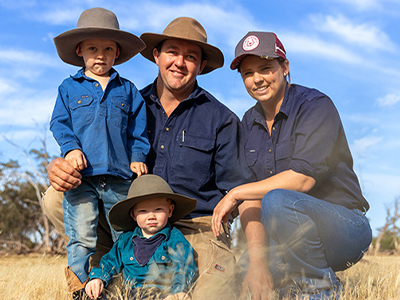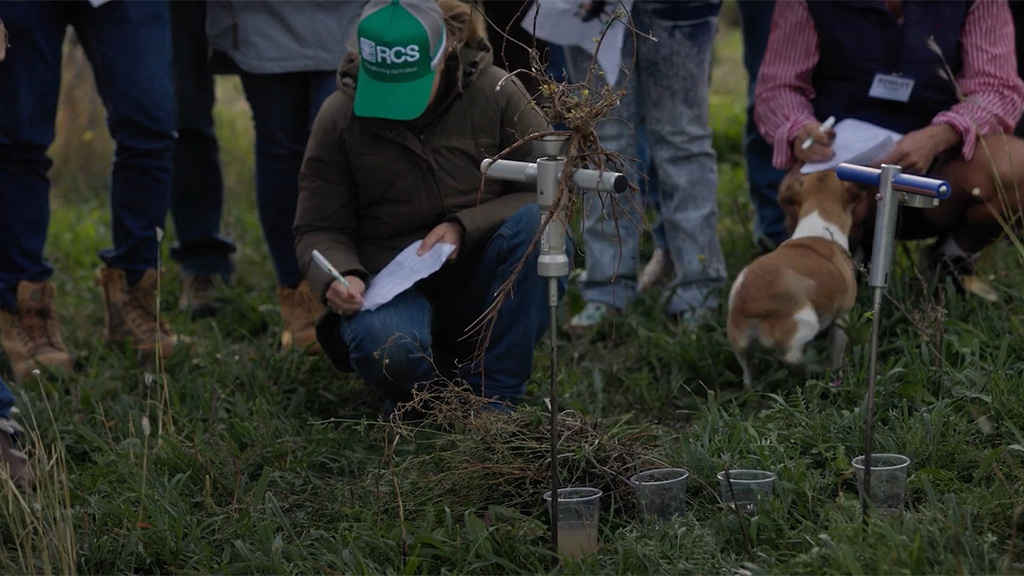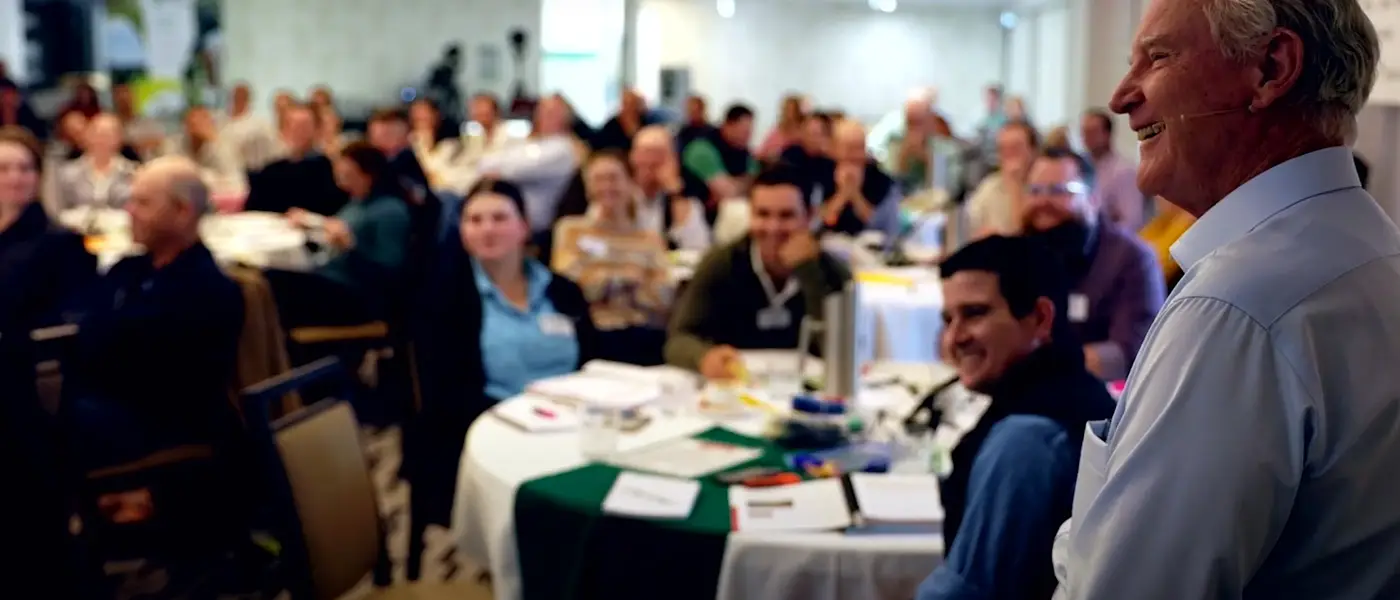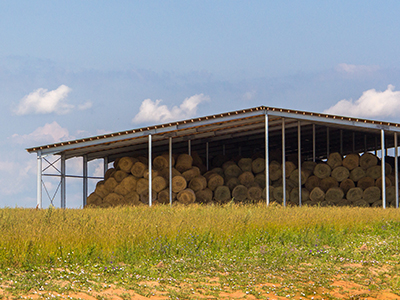
The season in SA and Tassie is particularly tight right now with little or no useful rain since early January and a generally failed 2023 spring prior to that. Right now, across southern Australia and much of the eastern NSW, you won’t need to drive far out into the countryside to see cattle and sheep grazing (and lying on) hay and silage trails lined across paddocks.

